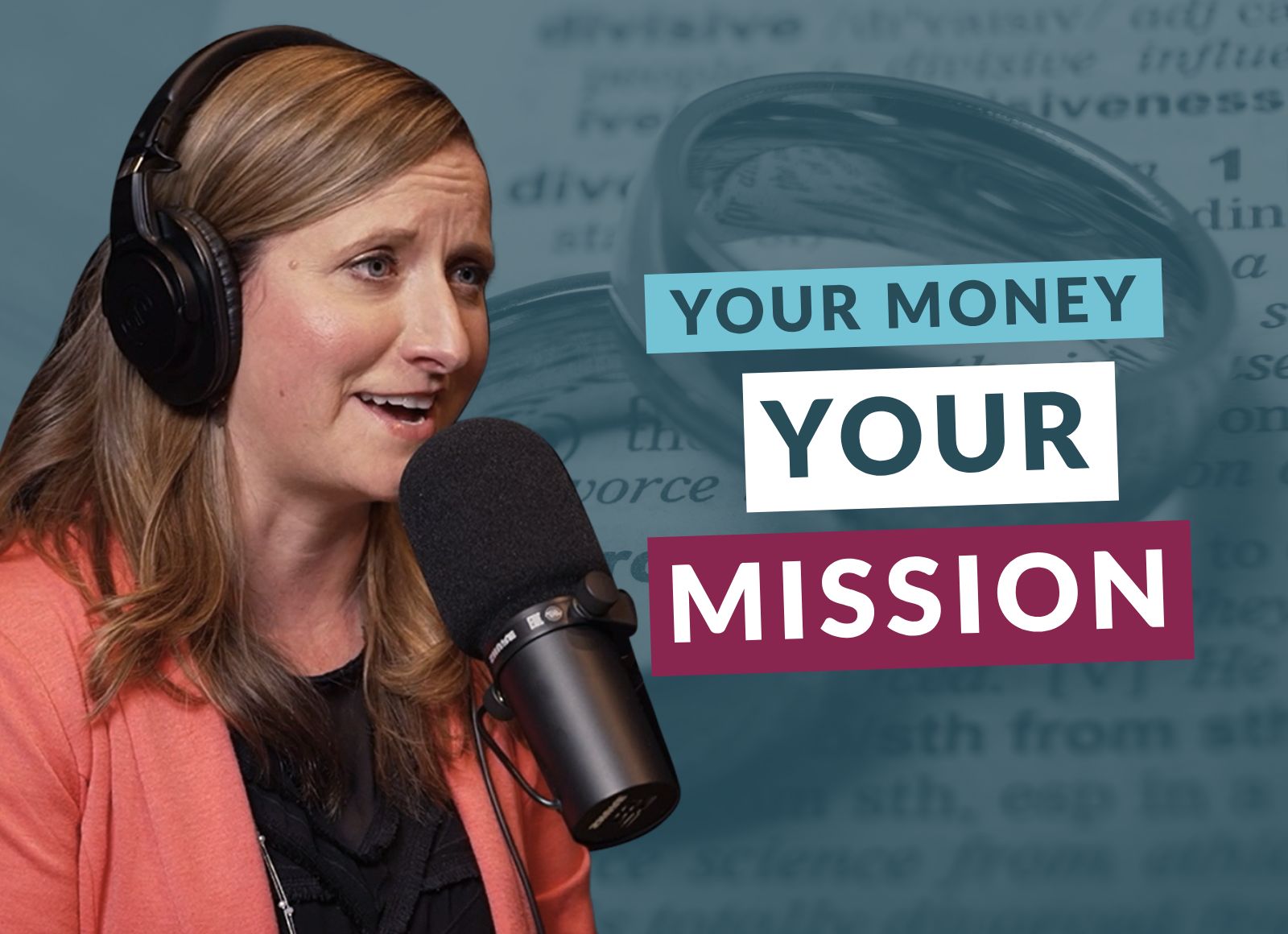
In this episode:
00:00 - 04:50: Introduction to Gray Divorce and Anisa Dunn
04:51 – 09:41 Financial Considerations for Common Gray Divorce Situations
09:42 - 12:13: Managing New Family Dynamics
12:14 – 15:08: Financial Disclosure Statements and Prenuptial Agreements
Divorce is never easy, and it becomes even more complex when it involves long-term marriages. In this episode of Your Money. Your Mission., host Kelly Mould and guest Anisa Dunn, now SVP, Senior Fiduciary Services Manager at Johnson Financial Group, talk about the intricacies of “gray” divorce, providing valuable insights and advice for those navigating this challenging process.
What is gray divorce?
Gray divorce refers to the rising trend of divorces among older adults, typically over the age of 50. Unlike younger couples, those in gray divorce scenarios have often accumulated significant assets and built intricate lives together. This can include real estate, retirement accounts and other investments that require careful consideration and division.
5 Key Takeaways
The Importance of Independent Legal Representation
While it might seem tempting to use one attorney for both parties to save costs, Dunn advises against this approach. Instead, each party should have their own attorney to ensure their individual interests are adequately represented. However, this doesn't mean the process has to be adversarial. Mediation and collaborative divorce are effective alternatives that can help couples reach amicable agreements without lengthy court battles.
Assembling a Team of Experts
Given the complexity of gray divorce, it's crucial to assemble a team of professionals beyond just attorneys. This includes:
- Financial Advisors: To evaluate and divide assets fairly. Learn more about the financial advisor’s role in gray divorce.
- Accountants: To assess tax implications and ensure equitable distribution.
- Appraisers: To provide accurate valuations of real estate and other valuable assets.
- Estate Planning Attorneys: To update wills, trusts and beneficiary designations post-divorce.
Dunn emphasized the importance of having these experts involved early in the process to avoid future complications.
Equitable Asset Distribution and Spousal Support
In gray divorces, courts aim to distribute assets equitably, though not always equally. Factors like the length of the marriage, the earning capacities of each spouse and their contributions to the marriage (both financial and non-financial) play significant roles in these decisions. Spousal support, also known as maintenance or alimony, is another critical consideration. It seeks to balance the income disparity that may arise post-divorce, especially when one spouse was a homemaker with limited recent work experience.
Navigating the Impact on Adult Children
One unique aspect of gray divorce is its impact on adult children. While custody isn't an issue, adult children may be concerned about their parents' well-being and the preservation of family relationships. Dunn suggested that families prioritize open communication and involve adult children in discussions where appropriate. Additionally, it’s essential to review any informal agreements, such as financial support for adult children, as these may need to be formalized to ensure clarity and enforceability.
Future Planning and Prenuptial Agreements
As couples navigate the end of a long-term marriage, it's also important to think about the future. This includes updating estate plans and considering prenuptial agreements if they decide to remarry. While the idea of a prenup might seem premature or unromantic, it can prevent future conflicts and provide clarity and protection for both parties.
Gray divorce presents unique challenges, but with careful planning and the right support, it can be managed effectively. As Dunn highlighted, the key is to seek professional advice, prioritize equitable solutions and maintain open lines of communication within the family. By doing so, families can navigate this transition while preserving important relationships and ensuring a fair outcome for everyone involved.
Additional Episodes
For additional episodes that will help you maximize your wealth by turning complex financial situations into actionable advice, click the button below.
Have questions?
Do you have an important financial question that our team of experienced professionals can help with? We’d love to hear from you.
Submit your question and we’ll try our best to get your question answered on our Your Money. Your Mission. podcast.